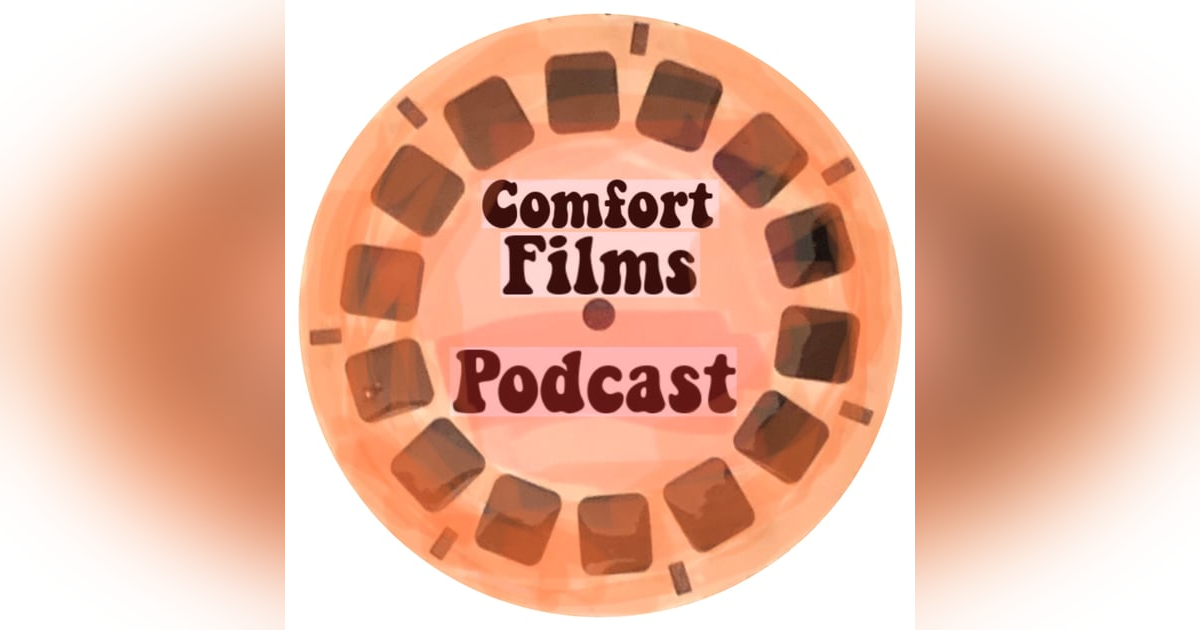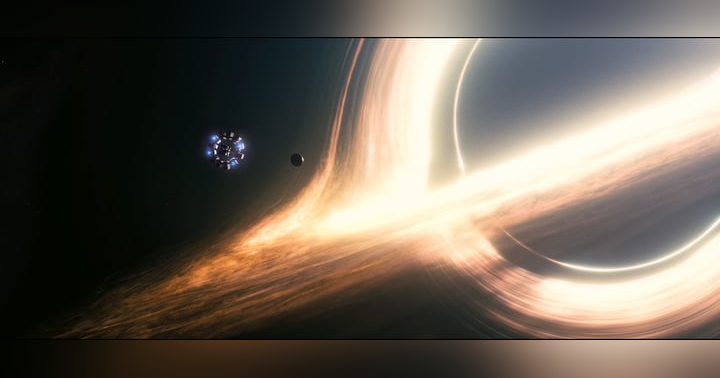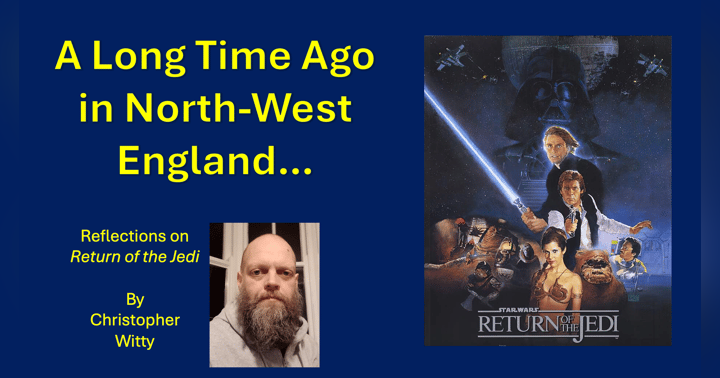Jackie Chan: Mr. Nice Guy

Of all Jackie Chan’s films, why would I choose to discuss 1997’s Mr. Nice Guy, one of his mid-period and largely forgotten starrers? Why would I skip past the films that made audiences sit up and pay attention to his unique, comedy driven kung fu, namely Snake in the Eagle’s Shadow, Half a Loaf of Kung Fu or Drunken Master (all released in 1978)? And why, for crying out loud, would I not nominate any of the films he made during the 1980s? I’m talking about the four-punch whammy that is Project A (1983), Wheels on Meals (1984), Police Story (1985; in my opinion, his masterwork as both director and star) or Armour of God (1986)? Why not any of the films that saw him rise to prominence in Hollywood, like the three Rush Hour movies (1998-2006), the Shanghai movies (2000-2003), or even 2010’s remake of The Karate Kid, a film I was surprised to find improved on the Ralph Macchio starring original? Or why not 2008’s The Forbidden Kingdom, the film that brought him together with Jet Li, or his labour of love, the criminally overlooked Little Big Soldier (2010)?
Well, when John and Georgia took momentary leave of their senses and asked me back as a guest on their wonderful podcast, the first image that sprang to mind wasn’t Jackie hanging from a clock face in Project A in homage to Harold Lloyd in Safety Last (1923) or the awe-inspiring mall climax in Police Story. No, the first image that sprang to mind was of him punching his way through the videocassette cover of Mr. Nice Guy when I rented it from my local Video World.
I arrived late to the Jackie Chan party and martial arts movies in general. Bruce Lee was always talked about in the school yard in the same breath as Rocky Balboa, but I never felt the urge to explore the genre beyond Enter the Dragon (1973). But when I first watched Mr. Nice Guy with my friend and housemate (no doubt with a joint or two passed back and forth), I knew I had to check out more of this incredible talent I’d been neglecting in favour of American and European martial artists like Chuck Norris, Steven Seagal, Jean-Claude Van Damme and Cynthia Rothrock. They were all okay and their films were passable, but compared to the speed and audaciousness of Jackie, they suddenly looked like lumbering pretenders. They weren’t as lean (well, maybe Cynthia was), and, above all, I never really liked them as actors. Jackie, on the other, acted better than them all in a second language. And he was extremely likeable. So, it was off to the video store again to see what else we could rent.
Around this time, a UK distribution company called Hong Kong Legends was raiding the vaults of Golden Harvest and making accessible again films that had fallen through the cracks. What’s more, they were remastering these movies and presenting them in their original cinematic ratios with an option to view them in Cantonese or dubbed English. A lot of these DVDs and video cassettes found their way onto second-hand market stalls and video rental shops. Their titles included many a Jackie Chan film, all dating from between the 1970s to early 90s. We scooped them all up alongside other movies featuring Donnie Yen, Sammo Hung and Jet Li and directed by the likes of Tsui Hark and Yuen Woo-ping; names that were new to me, but who soon became household favourites too. Still, for all their ingenuity, grace and skill, their movies didn’t impress me as much as Jackie’s did. This I put down to one thing: in a Jackie Chan movie, you were not only guaranteed some kick ass martial arts action, you were also likely to find yourself hitting the rewind button on the remote to bear witness again to some death-defying stunt, car crash or display of pyrotechnical wizardry. He was an all-rounder. And he was funny too, and because he was funny with it, the violence in his movies didn’t seem as nasty or bloody as the violence in, say, Out for Justice or Blood Sport. It’s pretty safe to say, I became something of an obsessive, and I had Mr. Nice Guy himself to thank for opening my eyes to other Hong Kong filmmakers who weren’t necessarily working within the martial arts genre. John Woo’s The Killer and Hard Boiled also became firm favourites, as did, by extension, Chow Yun-fat, who also starred in Ringo Lam’s insanely violent Full Contact.
As well as kicking the doors in on a film industry I barely knew existed outside of Bruce Lee, what makes Mr. Nice Guy such an important movie is that it reunited Jackie with his spiritual brother Sammo Hung after a decade long separation. Of course, I didn’t know this at the time, and only recently learnt it in preparation for the podcast after reading Jackie’s autobiography I Am Jackie Chan. Also, it was the first film Jackie made that required he speak only in English; I may be wrong on this, as he’d already made The Big Brawl, The Protector and Rumble in the Bronx, international co-productions designed to introduce him to a wider audience. The Big Brawl failed to reach its goal, likewise The Protector, the latter failing miserably due to a racist need in the director to take all creative control away from his star. Rumble in the Bronx, which I believe was my second Jackie film, fared a lot better, and the rest is kung fu history.
With Mr. Nice Guy, there’s another important factor that John pointed out. It kind of falls into a liminal space in Jackie’s filmography, bridging the gap between his 1980s Hong Kong showstoppers and the films he starred in alongside American actors like Chris Tucker, Owen Wilson and Jennifer Love Hewitt. Because of this, it has stock villains played by white guys and a finale that smacks of the kind of 1990s action films that were being churned out in the States in the wake of the Lethal Weapon and Die Hard franchises. A crossover was taking place, and though we all welcomed seeing Jet Li face off against Mel Gibson or Jason Statham, for me, the finale to Mr. Nice Guy is the film’s only failing. In any other actioner, a huge monster truck type mining vehicle destroying the bad guys’ compound would have been a blast to watch, but when you realise that the time spent watching it could have been put to better use by featuring an extra fight or another “Oh my God, did he really just do that!?!” stunt by Jackie, it prompts you to hit that rewind button again, or at least skip forward to the end credits and outtakes.
I’ve just realised too that Jackie is one of the very few actors I refer to by their first name. In that respect, he has the everyman ‘Mr. Nice Guy’ appeal of Jimmy (not James) Stewart. Why? Because he’s Mr. Nice Guy, that’s why.






